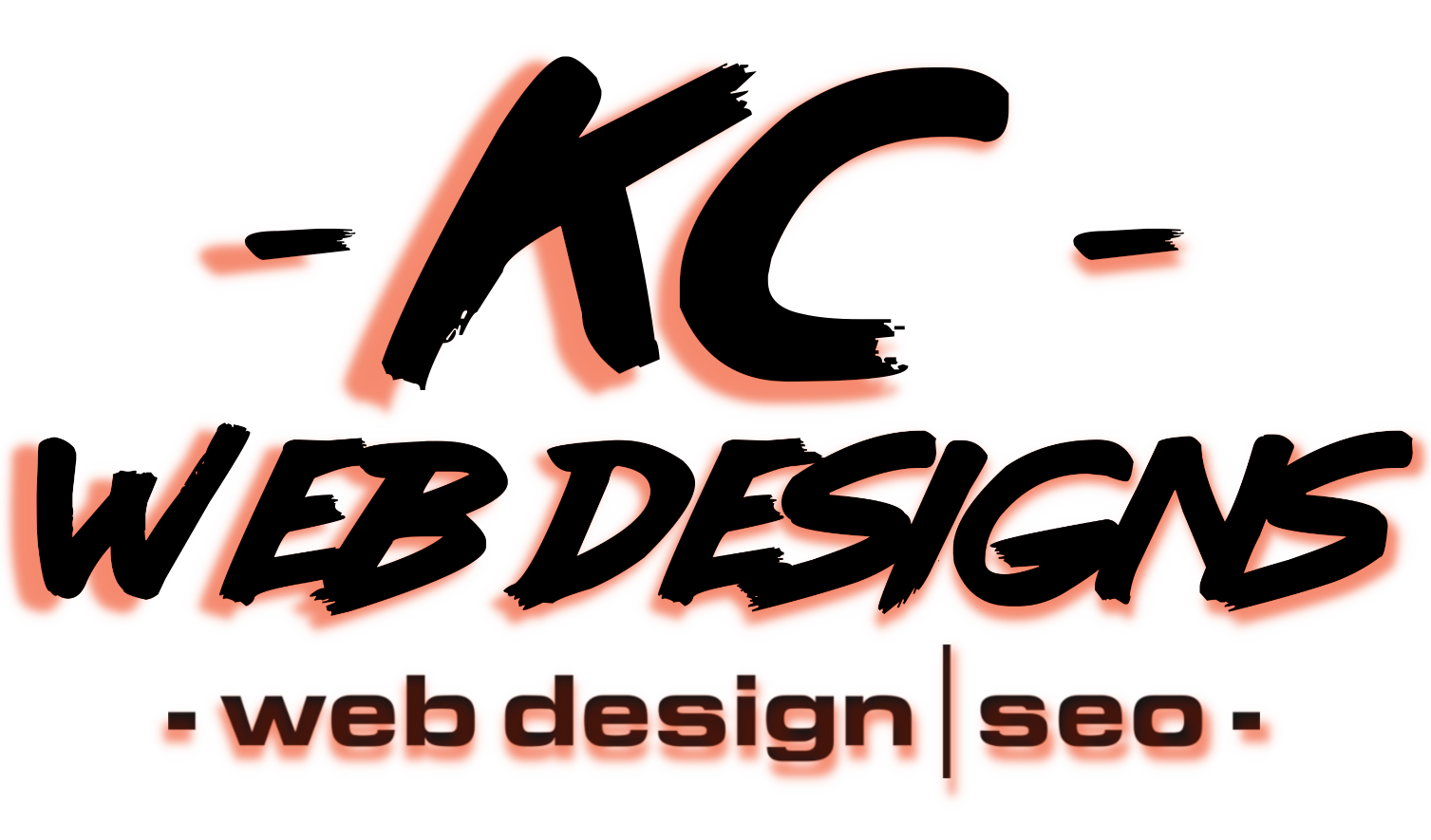Top SEO Strategies by KC Web Designs to Boost Your Business’s Online Presence
In today’s digital landscape, having a strong online presence is crucial for businesses looking to thrive and expand. KC Web Designs stands at the forefront of SEO web design, offering tailored strategies that seamlessly integrate advanced search engine optimization techniques to propel your business forward. With a range of services including keyword and market research, technical audits, and content marketing, our team of seasoned SEO specialists is dedicated to crafting solutions tailored to your unique needs. By focusing on innovative link building and engaging content, we aim to enhance your visibility and connect you with genuine leads. Join us as we explore the top SEO strategies that can transform your business’s online footprint, ensuring you stay ahead in the competitive digital arena.
Understanding SEO Web Design
SEO web design combines attractive visuals with search engine optimization techniques. This approach helps websites rank higher in search results and attract more visitors.
Importance of SEO in Web Design
SEO in web design is crucial for online success. It helps your site get found by the right people at the right time.
Good SEO design makes your website easy for search engines to understand. This means they can show your site to users who are looking for what you offer.
When your site is SEO-friendly, it often loads faster and works better on mobile devices. This makes visitors happy and increases their likelihood of staying on your site.
SEO design also helps build trust with your audience. When your site shows up high in search results, people tend to see you as more credible.
Key Elements of SEO-Friendly Design
An SEO-friendly website has several essential features. These help both users and search engines navigate and understand your content.
-
Clear site structure
-
Fast loading times
-
Mobile-friendly design
-
Descriptive URLs
-
Optimized images
Good headings and meta descriptions are also key. They inform search engines about the content of each page.
Using relevant keywords in your content is essential, but avoid overusing them. Write for people first, then tweak for search engines.
Remember to include alt text for images. This helps search engines understand what the photos show and can improve your rankings.
Effective SEO Consultancy Services
SEO consultancy helps businesses improve their online visibility. These services provide expert guidance to enhance your website’s performance in search engine results.
Tailored Strategies for Your Business
SEO isn’t one-size-fits-all. Good consultants create plans that fit your specific business needs.
They begin by examining your current website and online presence. This helps them understand where you’re starting from and what needs work.
Next, they look at your competition. This shows what you’re up against and where you can stand out.
Based on this info, they create a custom strategy. This may include improving your site structure, creating more engaging content, or establishing high-quality backlinks.
As they put the plan into action, they keep track of what’s working. They adjust the strategy as needed to get the best results for your business.
Benefits of Professional SEO Consultants
Working with SEO pros can give your business a big boost. They bring expertise that can save you time and money in the long run.
SEO consultants stay up-to-date with the latest trends and algorithm changes. This means they can help you avoid mistakes that might hurt your rankings.
They also have access to advanced tools and data. This allows them to dig deep into your site’s performance and identify opportunities you might miss on your own.
Professional consultants can help you set realistic goals and expectations. They’ll give you honest feedback about what’s possible and how long it might take.
Perhaps most importantly, they free up your time. While they handle the technical stuff, you can focus on running your business.
The Power of Keyword & Market Research
Keyword and market research form the foundation of effective SEO. They help you understand what your audience is looking for and how to reach them.
Identifying High-Impact Keywords
Finding the right keywords is key to reaching your target audience. It’s about understanding the words people use when searching for your products or services.
Start by brainstorming terms related to your business. Consider the questions your customers might ask.
Use keyword research tools to expand your list. These tools can show you how often people search for different terms and how hard it might be to rank for them.
Look for a mix of short and long-tail keywords. Short keywords are often more competitive, while longer phrases can help you reach more specific audiences.
Don’t forget to check what keywords your competitors are using. This can provide you with ideas and help you identify gaps in the market.
Analyzing Market Trends for Success
Market trend analysis helps you stay ahead of the curve. It shows you what’s popular now and what might be big in the future.
Keep an eye on Google Trends. This free tool shows you how search interest in different topics changes over time.
Look at social media trends too. What are people in your industry talking about? What questions are they asking?
Industry reports and news can also give you valuable insights. They can help you spot new opportunities or potential challenges.
Remember, trends can vary by location. What’s popular in one area might not be in another, so focus on trends relevant to your target market.
Strengthening Your Online Presence
A strong online presence helps you stand out in a crowded digital world. It’s about more than just having a website – it’s about being visible and valuable to your audience.
Onsite SEO Techniques That Work
Onsite SEO is all about making your website as search engine-friendly as possible. It involves optimizing various elements on your site.
Start with your content. Ensure it’s high-quality, relevant, and incorporates your target keywords naturally. However, remember to write for people first, not for search engines.
Pay attention to your site’s structure. Use clear, descriptive URLs and organize your content logically. This helps both users and search engines navigate your site.
Optimize your meta titles and descriptions. These show up in search results, so make them compelling and include relevant keywords.
Make sure your site loads quickly. Slow sites can frustrate users and negatively impact your search rankings. Compress images, minimize code, and use a good hosting service.
Don’t forget about mobile optimization. As more people browse on phones and tablets, your site needs to look good and function well on all devices.
Successful Link Building Strategies
Link building is a crucial part of SEO. It’s about getting other reputable websites to link to yours.
Create great content that people want to share and engage with. This could be in-depth guides, original research, or engaging infographics.
Reach out to industry influencers and bloggers. Build relationships and offer them value before asking for links.
Guest posting can be effective if done right. Write high-quality articles for respected sites in your industry, including a link back to your site where relevant.
Utilize social media to promote your content and foster engagement with your audience. While social links don’t directly impact SEO, they can lead to more visibility and natural links.
Monitor your backlinks and disavow any low-quality or spammy links. Too many bad links can hurt your SEO efforts.
Engaging Content Marketing Approaches
Content marketing is about creating valuable, relevant content to attract and retain a clearly defined audience. It’s a powerful way to boost your SEO and build relationships with customers.
Creating Compelling Content
Compelling content grabs attention and keeps people coming back. It’s about understanding what your audience wants and delivering it engagingly.
Start by knowing your audience. What are their interests, problems, and goals? Craft content that addresses these key points directly.
Use a variety of content types. Blog posts, videos, podcasts, and infographics can all be effective. Mix it up to keep things interesting and reach different segments of your audience.
Tell stories. People remember stories better than facts and figures. Use case studies, customer testimonials, or your own experiences to make your content more relatable. and engaging
Make your content actionable. Provide your readers with clear steps they can take or practical advice they can use immediately. This adds value and encourages them to return for more.
Don’t forget to optimize your content for SEO. Use relevant keywords, create descriptive titles and meta descriptions, and include internal links to other relevant content on your site.
Leveraging Social Media for SEO
While social media doesn’t directly impact search rankings, it can significantly boost your SEO efforts when used strategically.
Share your content on social platforms. This increases its visibility and can lead to more backlinks as people discover and share your content.
Engage with your audience on social media. Respond to comments and join conversations. This helps build relationships and can lead to increased traffic and natural links.
Use social media to research trending topics in your industry. This can give you ideas for content that people are currently interested in.
Consider using paid social advertising to promote your most effective content. This can help it reach a wider audience and potentially earn more backlinks.
Remember to optimize your social profiles. Use relevant keywords in your bios and descriptions, and include links that direct users back to your website.





